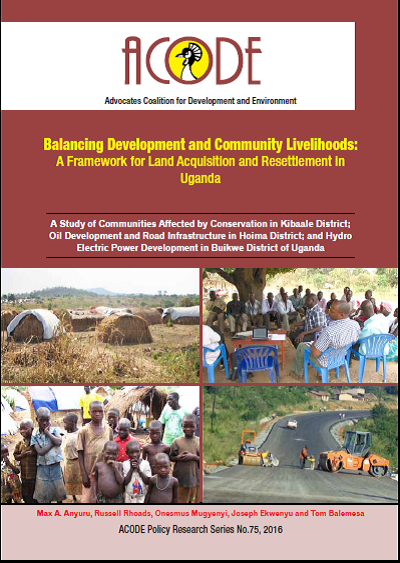Securing land inheritance and land rights for women in Kenya
Women face many problems with regard to land inheritance and land rights in Kenya. Individual and community land ownership do not favour women. The reason for this is that ownership of land is patrilineal, which means that fathers share land amongst sons, while excluding daughters. This practice is traditionally widespread and partly accepted although it goes against the interest of women and is prohibited by the constitution.








